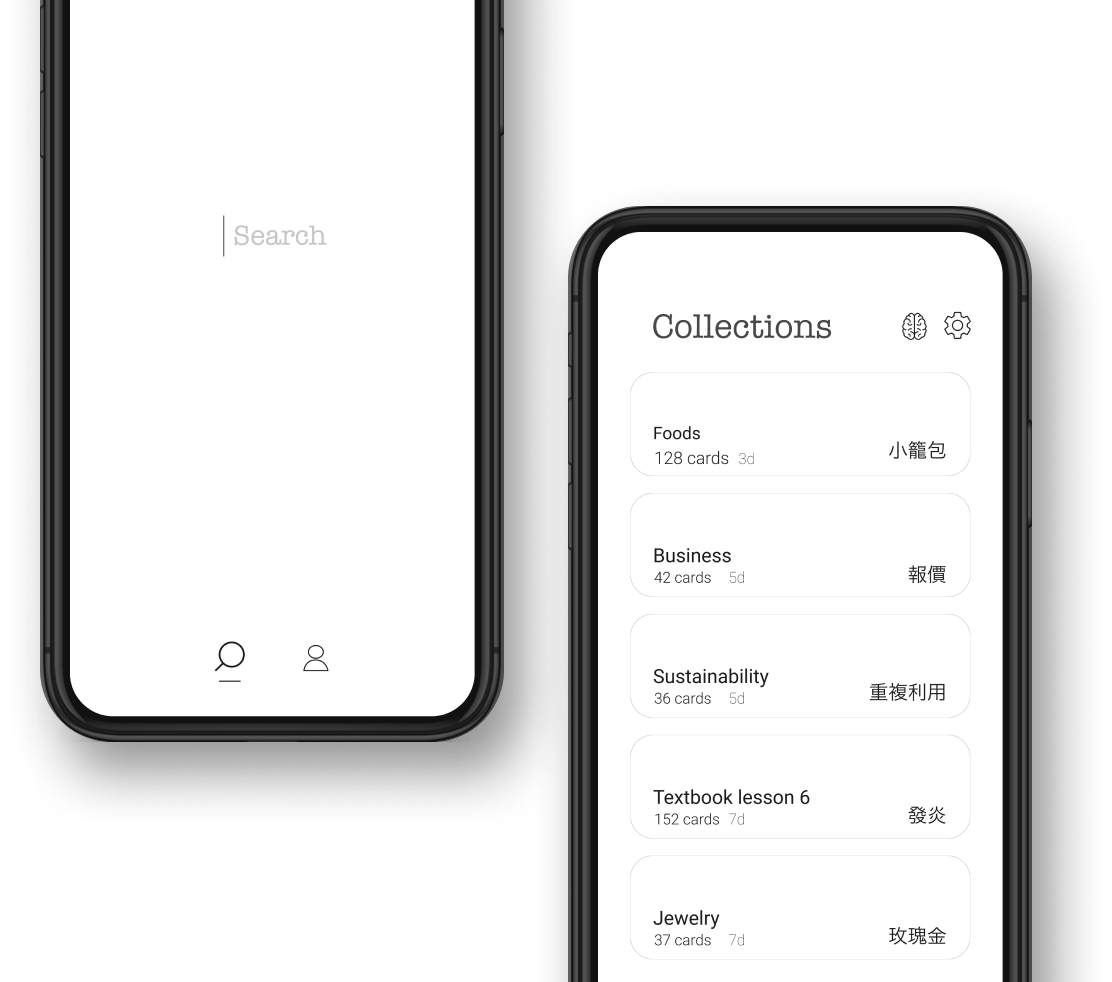Meaning of kòu:
寇
old variant of 寇[kou4]; old variant of 寇[kou4]; bandit; foe; enemy
Chuánshuō zhōng, zhège cūnzhuāng céng zāoyù guò hǎikòu de xíjí.
传说中,这个村庄曾遭遇过海寇的袭击。
It is said that the village was once attacked by pirates.
Gǔdài de biānjiāng jīngcháng shòudào wàizú de kòurǎo.
古代的边疆经常受到外族的寇扰。
The border areas in ancient times were often raided by foreign tribes.
Gǔ shíhòu, zhège dìqū cháng shòudào tǔkòu de qīnrǎo.
古时候,这个地区常受到土寇的侵扰。
In ancient times, this area was often harassed by bandits.
Gǔdài jiāngjūn zài chéngqiáng shàng guānchá dírén de kòu bīng.
古代将军在城墙上观察敌人的寇兵。
The ancient general observed the enemy's foe soldiers from the city wall.
Zài lìshǐ shàng, zhèxiē rùqīng zhě bèi shì wéi wǒmen de díkòu.
在历史上,这些入侵者被视为我们的敌寇。
In history, these invaders were regarded as our enemies.
to invade; to plunder
Lìshǐ shàng yǒu hěn duō bùluò rùqīn hé lüèduó de shìjiàn, xīfāng de Xiōngnú jiù shì yī gè zhùmíng de shìlì.
历史上有很多部落入侵和掠夺的事件,西方的匈奴就是一个著名的事例。
Throughout history, there have been many instances of tribes invading and plundering, with the Huns in the West being a famous example.
Gǔdài de bùluò jīngcháng jìnxíng lüè kòu lái huòqǔ zīyuán.
古代的部落经常进行掠寇来获取资源。
Ancient tribes often conducted raids to plunder resources.

